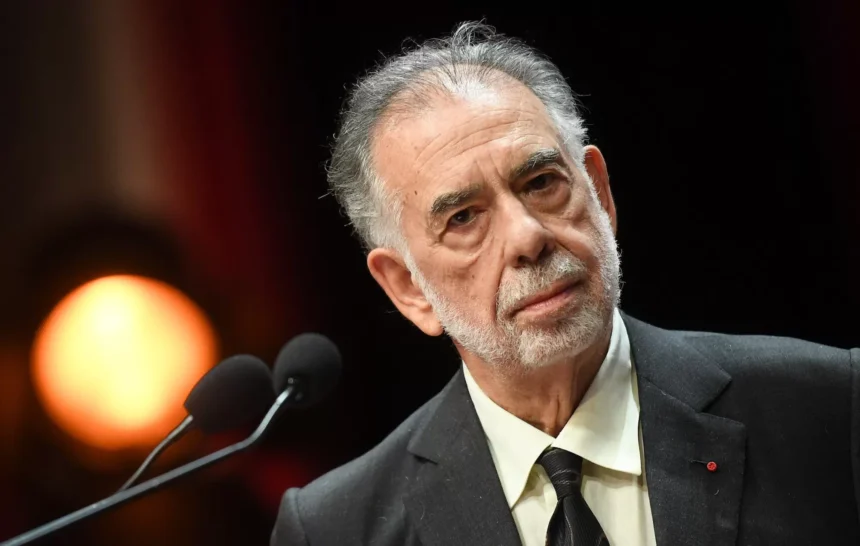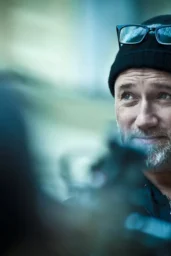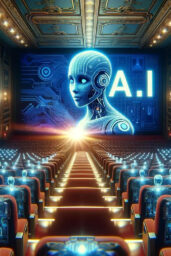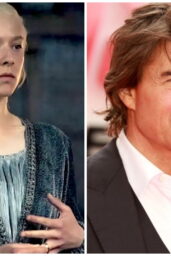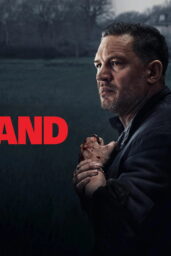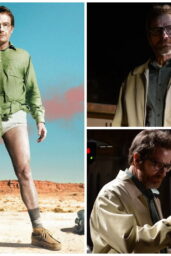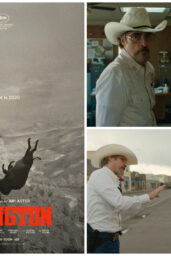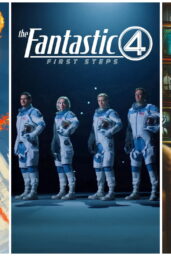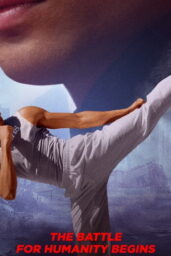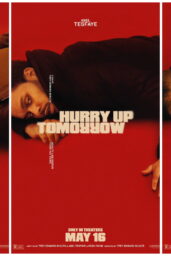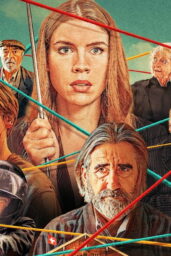At 85, legendary director Francis Ford Coppola still has a bold vision for the future of cinema—and it's unlike anything we've seen before. During a conversation at the Rome Film Festival, Coppola shared his hopes for Distant Vision, a project he has been working on for a decade, which he described as “very far out.” This ambitious work seeks to merge live performance with cinema, a concept he calls “live cinema,” where the film would be shot and broadcast live. The film will trace the history of a family across three generations, interwoven with the development of television itself.
Despite his age, Coppola remains energized about taking risks and breaking rules in the film industry, which he believes is too fixated on safe, formulaic projects. His criticism of modern cinema, especially the dominance of blockbuster franchises like Spider-Man, reveals his frustration with what he calls “cinema without risk,” a sentiment that resonates with those who feel mainstream filmmaking has lost its edge. Coppola's philosophy is clear: “You cannot have art without risk.”
One of the most intriguing aspects of Distant Vision is Coppola's desire to film it entirely live, a task that many consider nearly impossible given the complexities of live shooting. This isn't Coppola's first time navigating uncharted territory; he famously self-financed Megalopolis, his most recent film. That film, screened at Cinecittà Studios as part of a special pre-opening event at the festival, was another testament to his refusal to conform to Hollywood's commercial standards.
Coppola also shared his insights into filmmaking, particularly for young, aspiring directors. He urged them to hone their skills in the theatre rather than making short films, emphasizing that the immediacy of audience reaction in theatre offers invaluable lessons. His advice: start with a one-act play, which provides faster feedback than the lengthy process of creating a short film.
He also addressed a common challenge in the creative world—writer's block. According to Coppola, consistency is key. He recommends writing daily, without overthinking or editing as you go, only reviewing the work once a substantial amount has been completed. This is a reflection of his practical, grounded approach to creativity, despite the ambitious scope of his projects.
In a memorable anecdote, Coppola recounted his early experiences on The Godfather, using unconventional rehearsals to help the cast bond and embody their characters. He didn't rely on the script but instead set up scenarios, like a dinner with Marlon Brando at the head of the table, to bring the characters to life. This immersive technique exemplifies Coppola's belief in the power of rehearsals and his preference for improvisation to develop on-screen chemistry.
Coppola's continued advocacy for artistic risk is refreshing in an industry often dominated by profit-driven projects. His belief that the next generation of filmmakers will create works that are radically different from today's mainstream offerings is inspiring. Distant Vision might seem like a long shot, but if anyone can bring such an innovative project to life, it's Francis Ford Coppola.
With Megalopolis already making waves and Distant Vision in his sights, Coppola shows no signs of slowing down, proving that even at 85, he remains one of the most innovative and daring voices in cinema.
Coppola's relentless passion for cinematic innovation is inspiring. At a time when most filmmakers would rest on their laurels, he continues to push boundaries and challenge the conventions of mainstream cinema. His idea of live cinema is both revolutionary and daunting—yet it's precisely this willingness to take risks that has made Coppola a trailblazer in the film world.
Do you think live cinema could be the next evolution in filmmaking, or is it too ambitious to succeed in today's industry?

